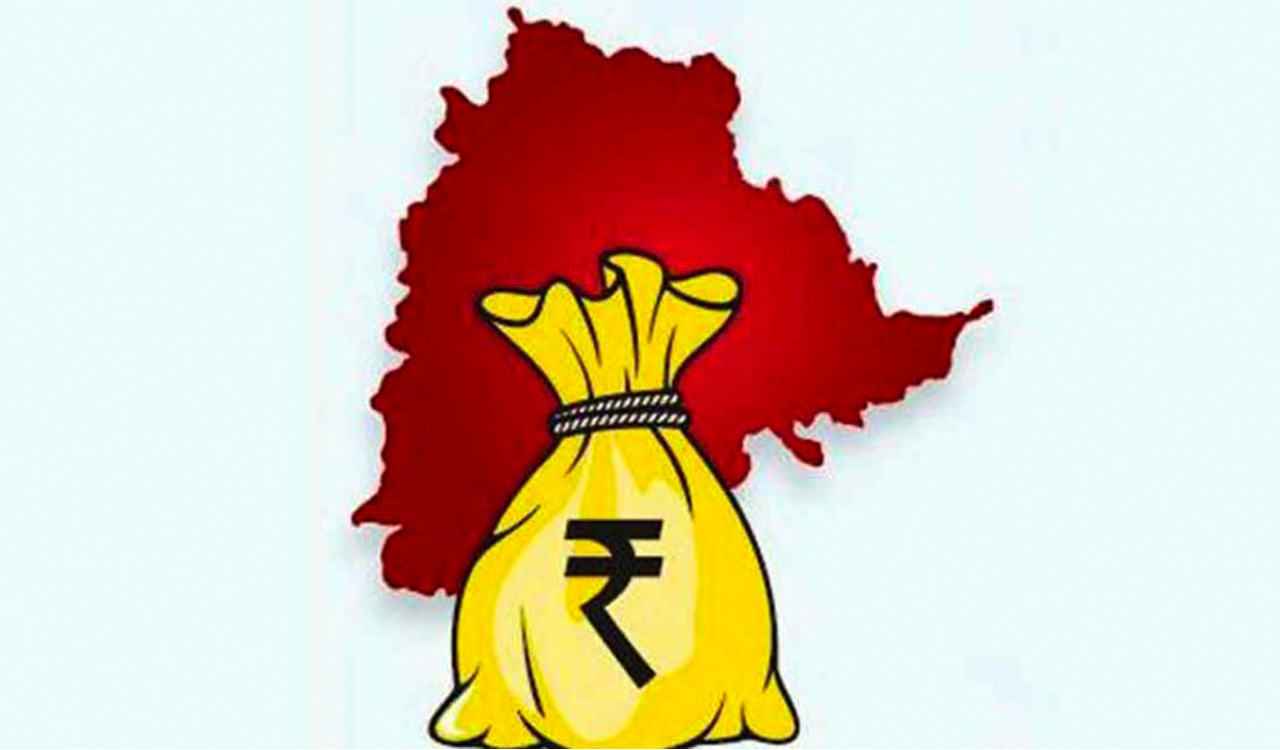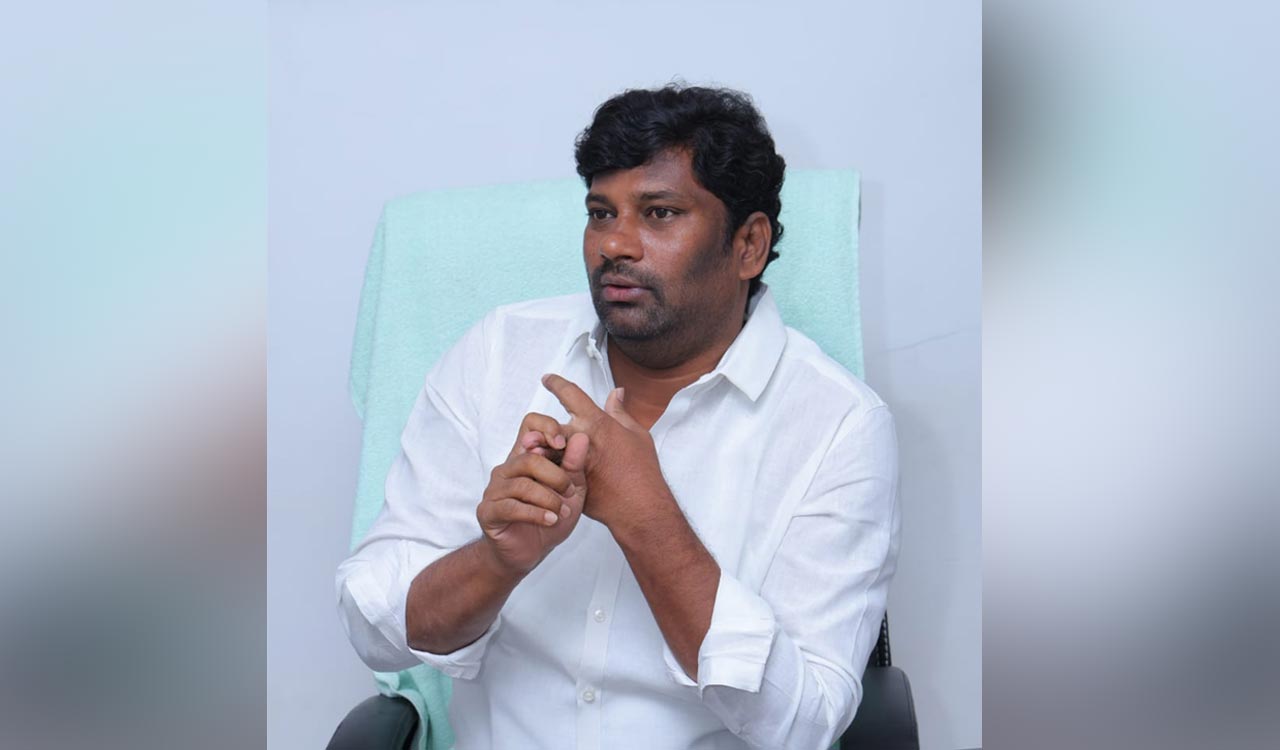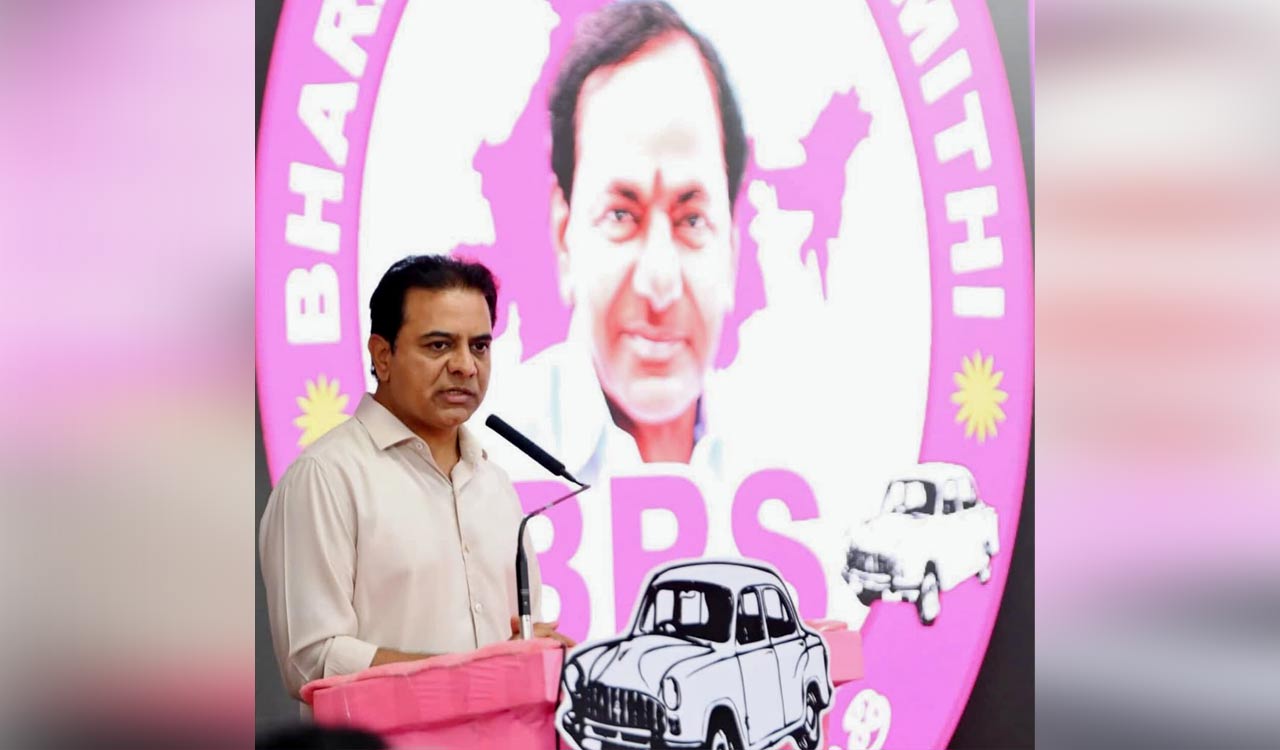Enhancing Social Justice: Implementing Sub-Caste-Based Reservations in Telangana
Mudiraj in BCs and Madiga in SCs represent some of the largest sub-castes in the state, yet they struggle to receive benefits proportional to their population sizes. Addressing these disparities through sub-caste-based reservations is crucial for achieving true social justice.

Hyderabad: In Telangana’s socio-political framework, ensuring fair representation and equitable resource distribution has been a long-standing challenge. While broader categories like Backward Classes (BCs) and Scheduled Castes (SCs) dominate policy discussions, sub-castes within these groups often face stark inequalities. For example, Mudiraj in BCs and Madiga in SCs represent some of the largest sub-castes in the state, yet they struggle to receive benefits proportional to their population sizes. Addressing these disparities through sub-caste-based reservations is crucial for achieving true social justice.
Sub-Caste Demographics: A Closer Look
- Mudiraj in BCs:
The Mudiraj community constitutes a significant share of the BC population, with an estimated 16% of Telangana’s total population—approximately 45–50 lakh individuals. Despite being one of the largest sub-castes, their representation and access to welfare resources often lag behind smaller BC sub-castes.
- Madiga in SCs:
Within the SC category, the Madiga community stands out as a substantial group, accounting for over 48% of the SC population in the undivided Andhra Pradesh census (2011). This equates to a population of approximately 6.7 million, making Madiga the dominant sub-caste in SCs. Yet, the existing reservation system does not reflect this proportionality, leaving many Madigas underserved.
The Case for Sub-Caste-Based Reservations
Implementing sub-caste-based reservations within BCs and SCs is essential to address inequalities and ensure fair distribution of resources. Here’s why:
- Proportional Allocation of Resources:
Communities like Mudiraj and Madiga, given their large populations, should receive a higher share of reservation benefits. Allocating quotas based on sub-caste population sizes will ensure equitable representation.
- Targeted Welfare Programs:
Sub-caste-based reservations allow policymakers to focus on the unique needs of larger sub-castes, enabling targeted socio-economic upliftment.
- Balanced Representation in Politics:
Proportional representation in legislative bodies ensures that larger sub-castes like Mudiraj and Madiga have a stronger voice in shaping policies that directly impact their communities.
Challenges in the Current System
The existing reservation framework in Telangana broadly allocates:
- BCs: 29% (further divided into A, B, C, D, and E sub-groups)
- SCs: 15%
- STs: 6%
This system, while providing opportunities for marginalized groups, does not account for the disparities within each category. Sub-castes with smaller populations may inadvertently benefit disproportionately, leaving larger communities like Mudiraj and Madiga underserved.
A Call for Inclusive Policy Formulation
To ensure fair representation and development for all, Telangana must adopt a more inclusive and data-driven approach to reservations:
- Comprehensive Sub-Caste Surveys:
Update demographic data to accurately determine the population sizes of sub-castes like Mudiraj and Madiga.
- Sub-Caste-Based Policy Design:
Develop policies that allocate resources proportionally based on sub-caste populations within BCs and SCs, ensuring larger communities receive their fair share.
- Strengthen Community Representation:
Ensure that significant sub-castes like Mudiraj and Madiga have adequate political representation to influence decision-making.
- Engage All Communities:
While addressing BC and SC disparities, it’s important to involve OCs, STs, and Muslim communities in discussions to foster unity and avoid division.
Conclusion
For Telangana to achieve true social justice, it must address the disparities within BCs and SCs by recognizing the unique challenges faced by sub-castes like Mudiraj and Madiga. Sub-caste-based reservations are not about fragmenting society but about ensuring that larger and underserved sub-castes receive their rightful share of opportunities.
Authored by:
Maadri Prithvi Raj, Founder of the Young Leader Association Patancheru Assembly Constituency (www.YLAPAC.org).
Related News
-
Odisha government reviews protection of Lord Jagannath temple lands
3 hours ago -
Iran holds military drills with Russia as US carrier moves closer
4 hours ago -
This is taxpayers’ money: Supreme Court raps freebies culture
4 hours ago -
Hyderabad: Residents oppose Gandhi Sarovar Project over ‘forcible’ land acquisition
4 hours ago -
Australia level series as Indian women slide to 19-run defeat in second T20I
5 hours ago -
Karnataka beat Uttarakhand in semis, to face Jammu and Kashmir in Ranji final
5 hours ago -
Five Osmania varsity players in South Zone squad for Vizzy Trophy
5 hours ago -
Disciplined West Indies bundle out Italy with ease, tops Group C in T20 WC
5 hours ago




